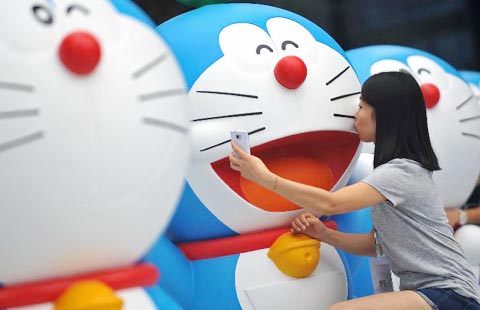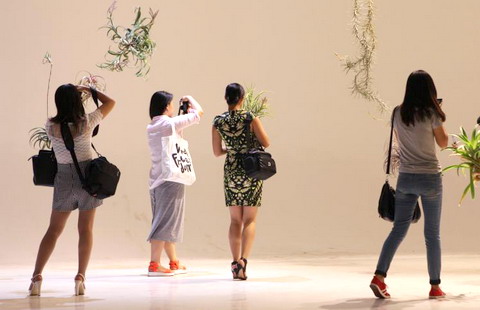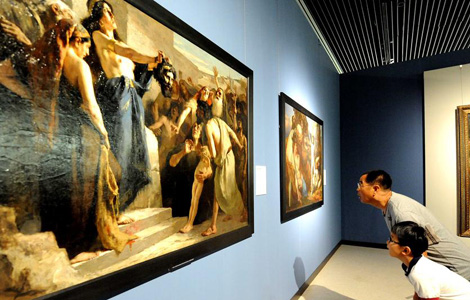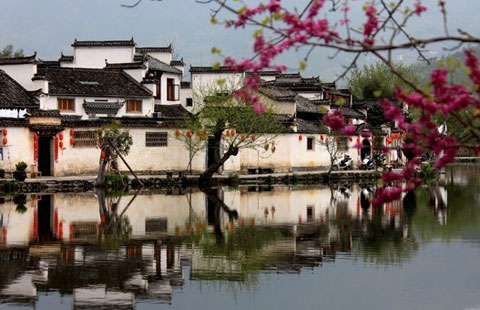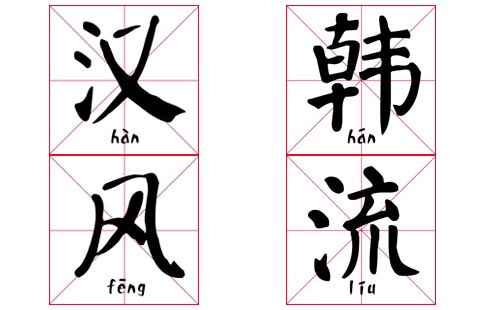Elite literature prize stirs questions
( Xinhua ) Updated: 2014-08-18 09:33:07
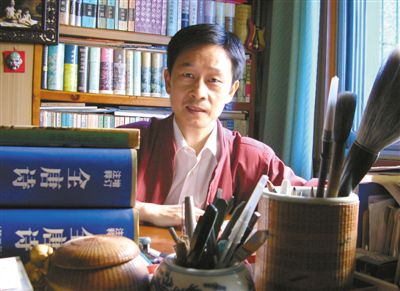 |
|
Zhou Xiaotian [Photo/Beijing News] |
Zhou, however, has refuted the criticisms on his work.
"Doggerels are not necessarily ill-written poems. You can hardly expect people to read serious poems nowadays," Zhou said in an interview with Xinhua.
He defended the fairness of the selection process, saying the whole procedure of voting was transparent based on a real-name system.
Zhou's argument was backed by professionals. Fan Xing, professor with Wuhan University, said it is almost impossible for a poet to ensure every single verse is well-written.
"It's only some of Zhou's poems that have aroused controversy," Fan added, while admitting some lines are unrefined.
The prize named after Lu Xun, one of China's best-known modern authors and essayists, was first awarded in 1986.
Writers of outstanding short- to middle-length novels, poems, prose, essays, reportage, literary reviews and theoretical works will receive the award, which is bestowed every three years.
It is not the first time the literature prize has been put in the spotlight.
In 2010, Che Yangao, secretary of the discipline inspection committee in Wuhan, capital of central China's Hubei province, was awarded the prize for his collection of poems "Yearning for Warmth," which was criticised for being overly simplistic.
Many of the current elite literature awards have not been well received by the public, not just the Lu Xun Literature Prize, Ding Xiaoyuan, vice president of the Chinese Reportage Association, said.
"Professional judges should listen to public feedback, rather than sealing up literature in an ivory tower," he warned.
|
|
|
|
|
|
|
|

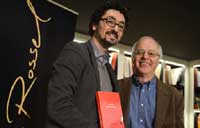
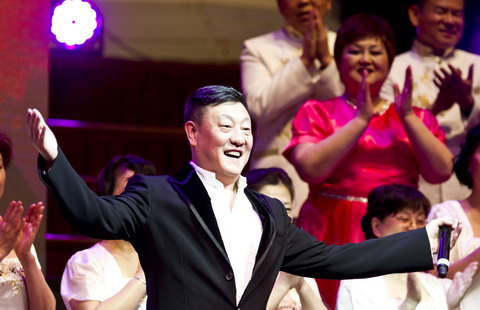
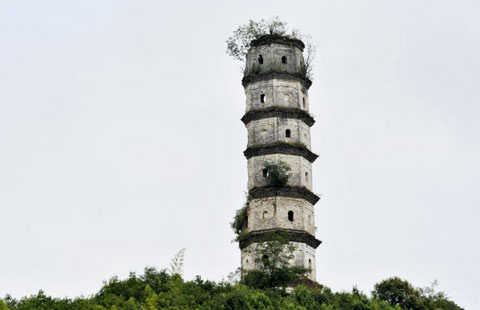
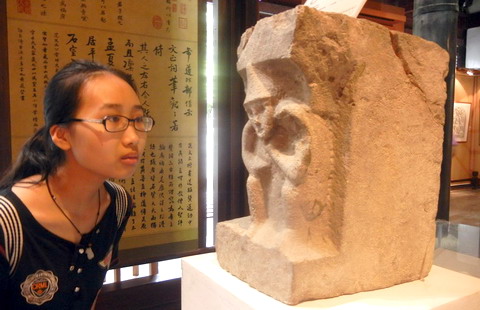

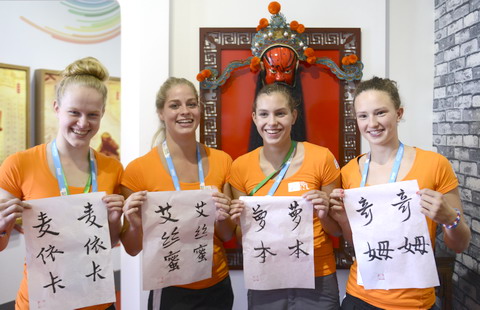
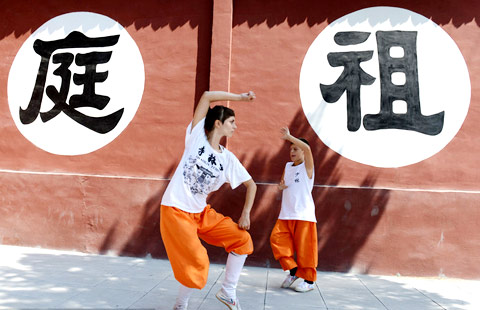


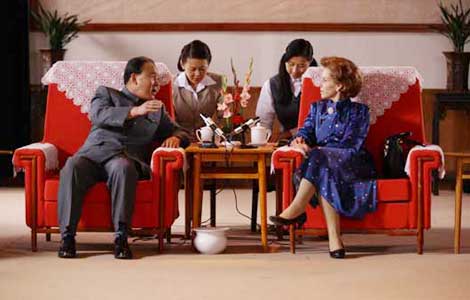
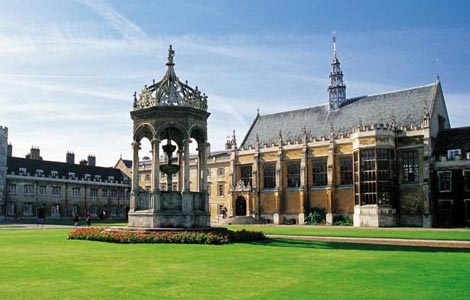
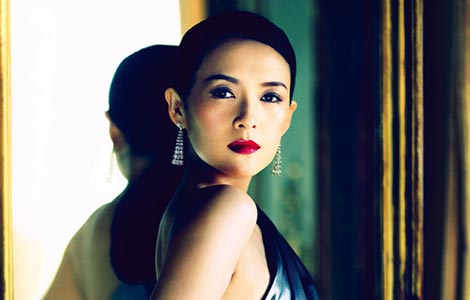
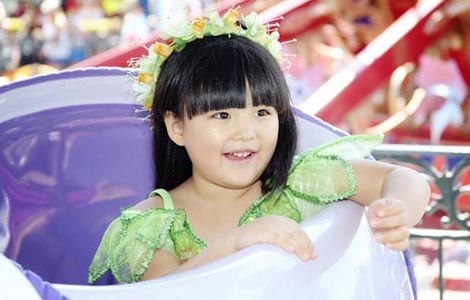

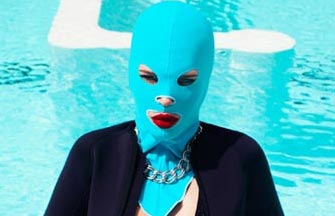




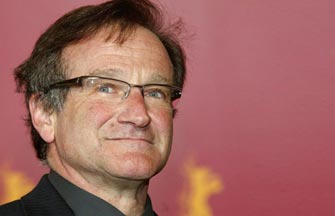
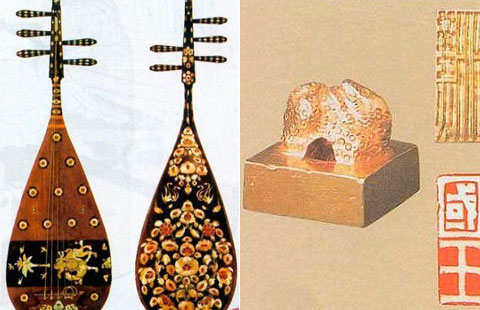



 Raymond Zhou:
Raymond Zhou: Pauline D Loh:
Pauline D Loh: Hot Pot
Hot Pot Eco China
Eco China China Dream
China Dream China Face
China Face

